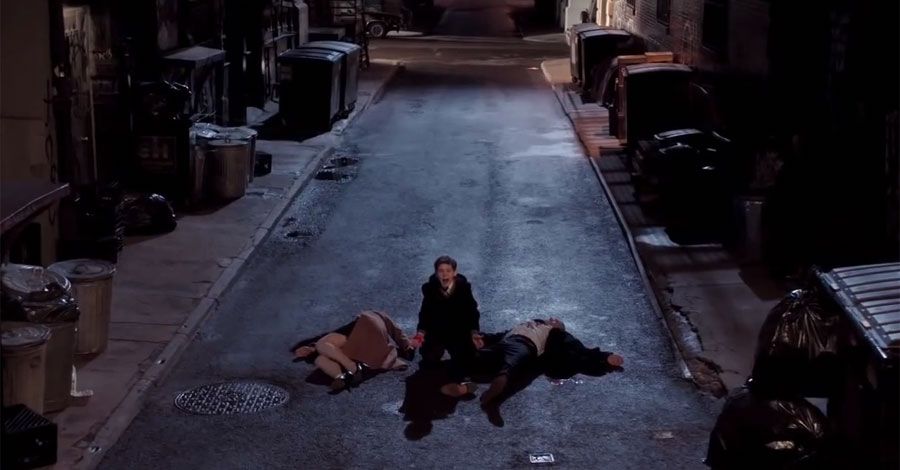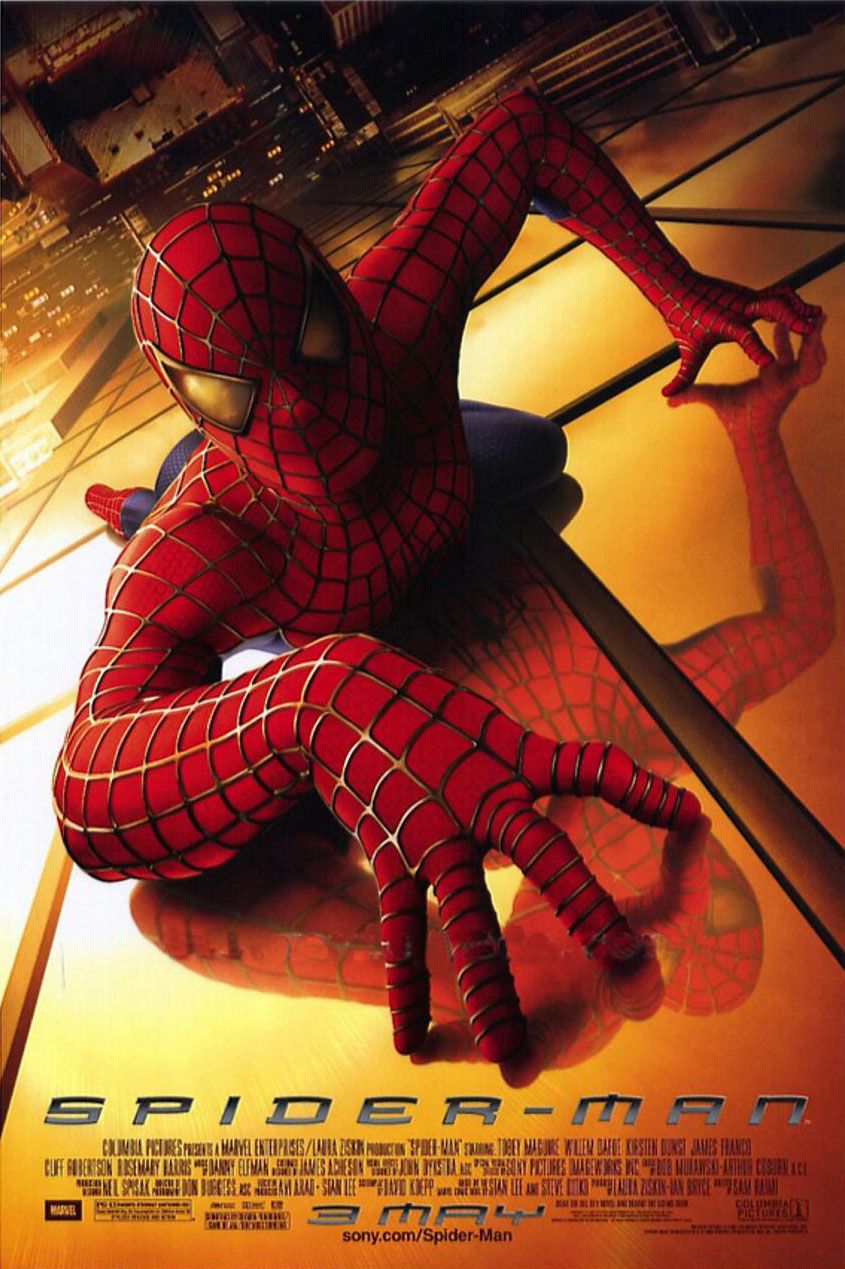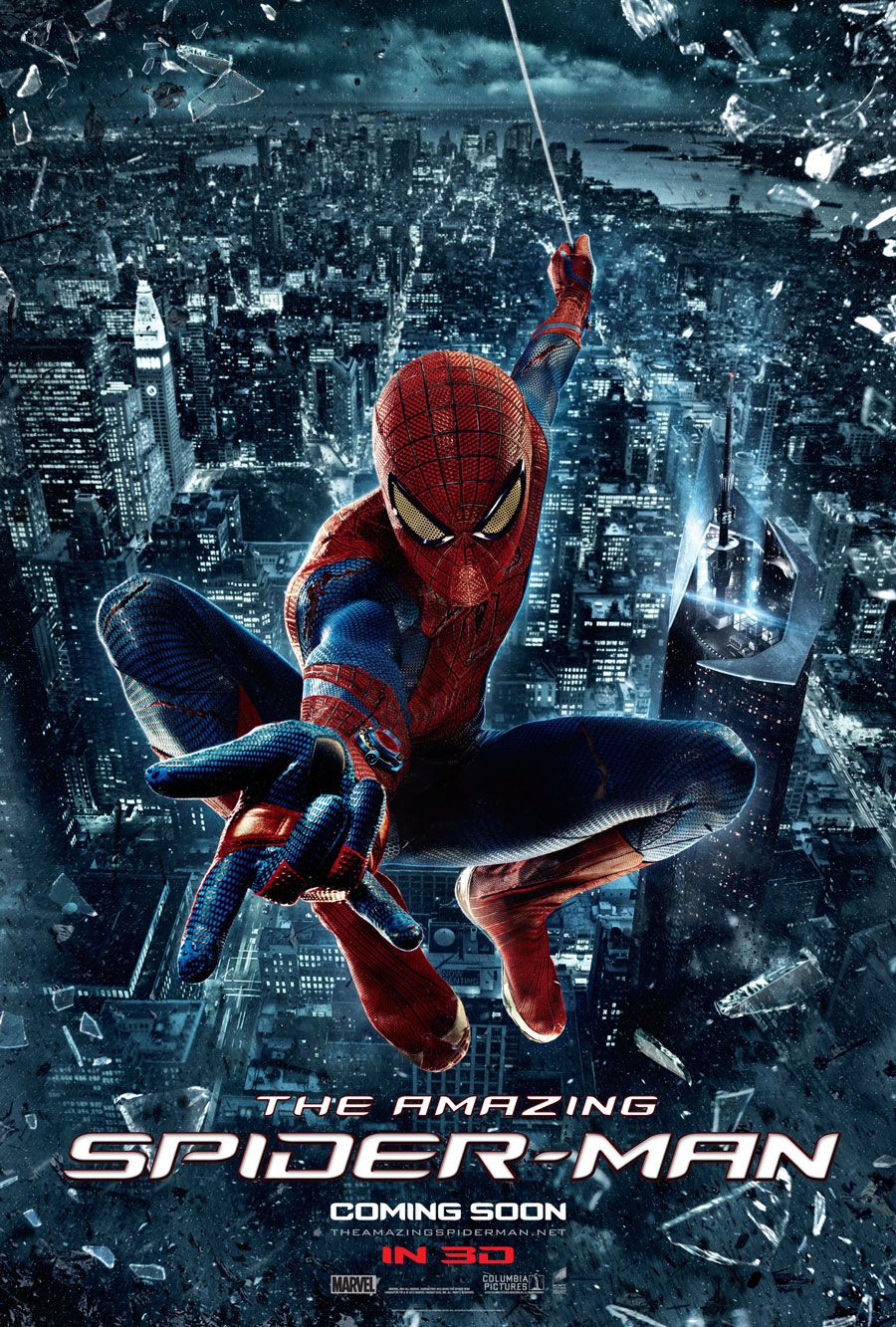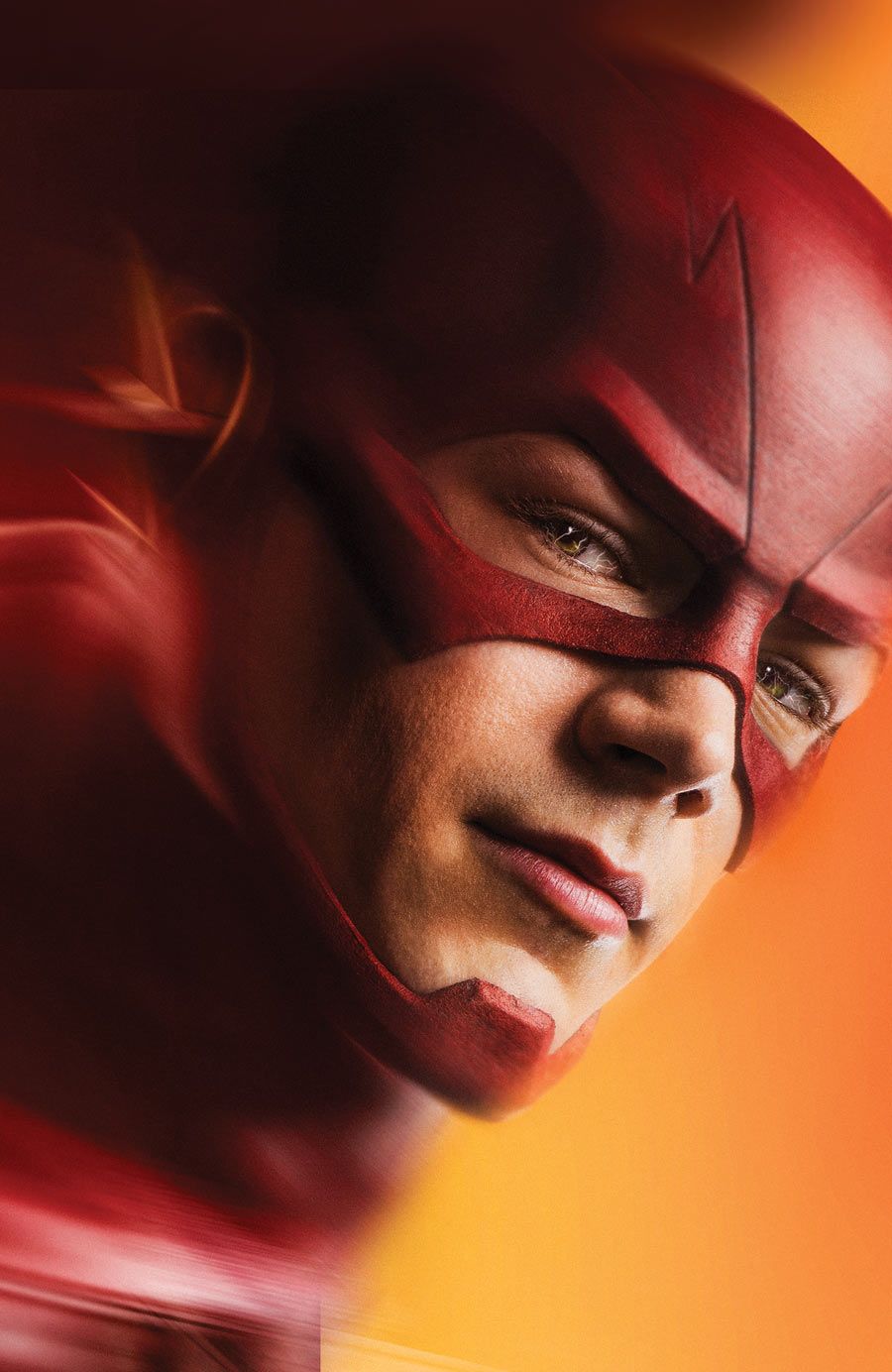"Gotham" -- the superhero crime drama scheduled to premiere in the 2014-2015 television season on FOX -- asks some intriguing questions: what was Bruce Wayne like as a child? How much of a role did Detective James Gordon play in young Master Wayne's life before he donned the cape and cowl? And what were the Penguin, the Riddler and Catwoman up to before they decided to put on costumes and battle the caped crusader?
Prior to the series' first episode, my initial reaction was to wonder who, if anyone, was asking these questions in the first place -- and does a modern-day audience even want to hear the answers?
For better or for worse, prequels and origin stories are ubiquitous in the superhero genre -- especially when it comes to movies and television. Instead of organically weaving a back story into an adventure, assuming that we, as an audience, are already intimately aware of the protagonist's origins, we're continually forced to slog through what can feel like a tedious amount of exposition while our would-be hero gathers the courage to actually become the hero we already know they are (or in some cases, watch them literally make their costume from scratch as if they're a cosplayer about to attend Comic-Con International in San Diego).
When it comes to Batman, Superman, Spider-Man and several other heroes, we all know their origin stories innately. All of us do. And when I say 'all', I'm not referring to comic book obsessed fan boys and girls -- I mean virtually everyone on the planet. The stories contained within popular comic books transcend the printed page, and even the silver screen. The origins of these superheroes are nothing short of modern mythology -- they're legends that have been engrained into the collective consciousness. Except that in the past, mythology was limited to a geographic region, while in 2014, comic book lore is international, breaking through cultural barriers and spanning the globe. Go to the mountains of Tibet and ask a Sherpa how Peter Parker became Spider-Man, and he'll tell you it was a bite from a radioactive spider -- the same answer you'll get from virtually anyone from any age group, almost anywhere in the world (whether they've picked up a comic book or not).
So why is "Gotham" going to spend an entire television series chronicling (among other things) the adventures of a pint-sized Bruce Wayne and fledgling Gotham cop James Gordon more than a decade before he becomes the dark knight we all want him to be? Why did the Spider-Man film franchise get rebooted, only to spend two hours re-telling his origin story yet again? And why does every Superman tale have to begin with a toddler on a farm in Kansas?
The conventional wisdom would be simply this: it sells. Movies and television deliver origin stories, and people watch them -- so of course, it's what everyone wants. And if Hollywood excels at anything, it's giving people exactly what they want (or what they think they want) over and over again -- sometimes to the point of exhaustion.
Though origin stories are the logical jumping-off point for any heroic tale, ticket sales and critical acclaim sometimes tell a different story. The first movie is rarely the best in a series, and these days it's rarely the most profitable. The outdated trope that the sequel never lives up to the original simply doesn't ring true -- at least not in the superhero genre. Films based on comic books often have follow-ups that surpass the original, both in terms of box office revenue and overall fan support.
Critics and fans alike almost universally agree that "Spider-Man 2" is the best of the Sam Raimi series, due in no small part to the fact that the tedious origin story was out of the way. "X2: X-Men United" is far more revered that the original "X-Men." Christopher Nolan's "The Dark Knight" is the most beloved of his Batman trilogy by a wide margin. And more recently, movies like "Thor: The Dark World", "Captain America: The Winter Soldier" and the Iron Man sequels proved to be far more profitable than their predecessors.
In some cases, it makes perfect sense to start from scratch. A "Kick-Ass" or "Iron Man" movie without some context about how those heroes came to be would have been a mistake, and ultimately confusing for mainstream audiences. But when even the most casual movie-goer or channel surfer knows the back story, how many times can the same origin be mined? And is it advantageous for studios to continually explore backstories instead of doing what many are asking them to do now: move forward?
In a recent Comic Book Resources poll, readers were asked which comic book television series they were most excited to see in the upcoming 2014-2015 season. The overwhelming winner was "The Flash" with 38% of the vote. Lagging a distant second was "Gotham" with 20.9%, nearly tied with "Agent Carter," which scored 19.5% of the total.
Having seen an extended preview for "The Flash", it became apparent that this is not going to be a season-long journey while Barry Allen slowly becomes a superhero. His costume, support team and even his name are all firmly established in the pilot, letting us jump right into the series and enjoy his future crime-fighting exploits.
Conversely, "Gotham" and "Agent Carter" are asking us to look into the past (in the case of "Agent Carter", nearly seven decades into the past) to witness the beginnings of what would eventually become the heroes that we know and love.
And that leads me to believe that "Gotham", while seemingly unique in its approach to the material (and possibly a fantastic show it its own right) might just be asking a little too much of its viewers. In 1999, George Lucas asked us to jump on board with the concept of a pre-teen Darth Vader, and follow his adventures through the pod-racing circuit -- sans-mask, light saber and cool breathing device. For fans, the results were less than satisfactory, to say the least. Similarly, "Gotham's" creators are essentially asking us to watch a Batman-less Batman show; they want us to spend countless hours immersed in a fantastic city that we all know will eventually be home to the Caped Crusader, the Joker, the Batmobile, and other comic book-related awesomeness -- but simultaneously accept the fact that we won't actually be able to experience any of this awesomeness -- that is, unless we want to pop "The Dark Knight" into our Blu-Ray player.
By definition, a prequel or origin story is a step backwards. Looking back is not always a bad thing, and can be very entertaining in the right creative hands (The CW's "Arrow" has been able to successfully juggle an extended origin story intermingled with real-time events for multiple seasons) but it's a step in reverse nonetheless. And while historical context is interesting as a footnote for a character we're not overly familiar with, movies and television might be testing the audience's patience by dipping into the same well for the second, third or fourth time while rehashing (or in some cases reinventing) well-worn tales.




